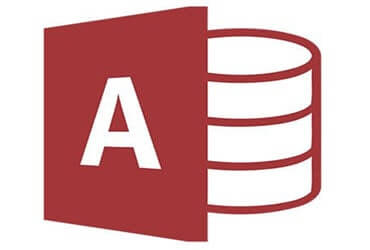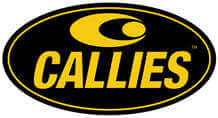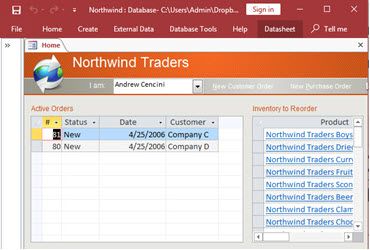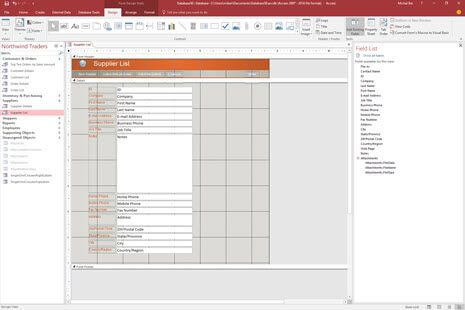
MS Access As A Dev Tool
Access continues to be a highly efficient tool for business database development.
The Best Microsoft Access Database Solutions owner, consultant, and principal programmer is Alison Balter - a recognized expert Microsoft Access consultant. Alison is the author of 15 Microsoft Access training books and videos. She is a frequent guest speaker at MS Access conferences and has developed hundreds of applications for businesses of all types.
We know your business data is important; we listen to your concerns, ask questions, and gather information from all stake holders. We discuss your needs and requirements for your database. We find out what you want, why you need various features so we can obtain as much information as possible. Once we have the information we need, we work with you to design the proper database architecture, plus the dashboards, the questions (queries), forms, and reports you need for an excellent database system.

We also create websites designed for speed to display your data accurately, using ASP.NET technology. Fast, secure, and robust, our ASP.NET web sites and web applications give you true business tool for finding and displaying information dynamically on the web.








Access continues to be a highly efficient tool for business database development.

How to create a Microsoft Access application with some unique tips and tricks.

Your Access developer near me has some great info for you about using Access efficiently.
We've spent over two decades working with Microsoft Access, and we've consistently found that queries are the true workhorses of any successful database. While forms and reports might get the spotlight, it's well-crafted queries that transform raw data into actionable information. Our team has built thousands of query solutions, and we've identified several techniques that separate casual Access users from database professionals.
Access offers several query types that serve distinct purposes in your database strategy. Select queries retrieve specific data and form the foundation of most operations. Action queries (Update, Delete, Append, and Make-Table) modify data or create new tables based on existing information. Parameter queries prompt users for input criteria, making your applications more interactive. Crosstab queries transform row data into column format for summary analysis, while Union queries combine records from multiple tables with identical structures.
The real power emerges when combining these types with advanced SQL techniques. Subqueries (queries nested within other queries) allow for complex filtering and calculations that would otherwise be impossible. We recently helped a client use subqueries to filter inventory records based on sales trends, automatically identifying slow-moving products without manual analysis.
Effective join techniques unlock the relational nature of Access databases. Inner joins display records with matching values in both tables, while outer joins include records from one table even when no matches exist in the related table. Self-joins connect a table to itself, perfect for hierarchical data like employee-manager relationships.
When designing multi-table queries, start with the table containing your primary records of interest, then add related tables with appropriate join types. This approach maintains a clear structure and prevents the unintended record multiplication that often confuses newer developers.
Query performance can make or break user experience in Access applications. Our optimization approach focuses on several key principles. First, proper indexing dramatically improves query speed; create indexes on fields used in joins, sorting operations, and WHERE clauses. Second, select only necessary fields rather than using the asterisk wildcard, reducing processing overhead.
For complex calculations, use calculated fields in queries rather than expressions in forms or reports. This pushes processing to the database engine where it's most efficient. When working with large datasets, implement strategic filtering early in the query chain to reduce the record count before performing joins or complex operations.
When implementing queries in production environments, follow these proven practices. Store complex queries as saved objects rather than embedding them in VBA code, making them easier to maintain. For frequently run queries, create indexes on temporary tables to speed up operations. Implement error handling for parameter queries to prevent runtime errors when users enter unexpected values.
When you need a Microsoft Access programmer for your Monterey Park, California, business, call MS Access Solutions at (323) 285-0939. We have over 25 years experience in Microsoft Access programmer solutions. Here are just some of the industries we serve:
Get more information about our Access programming services on the Miocrosoft Access Programmer Vancouver, Washington web page.